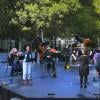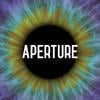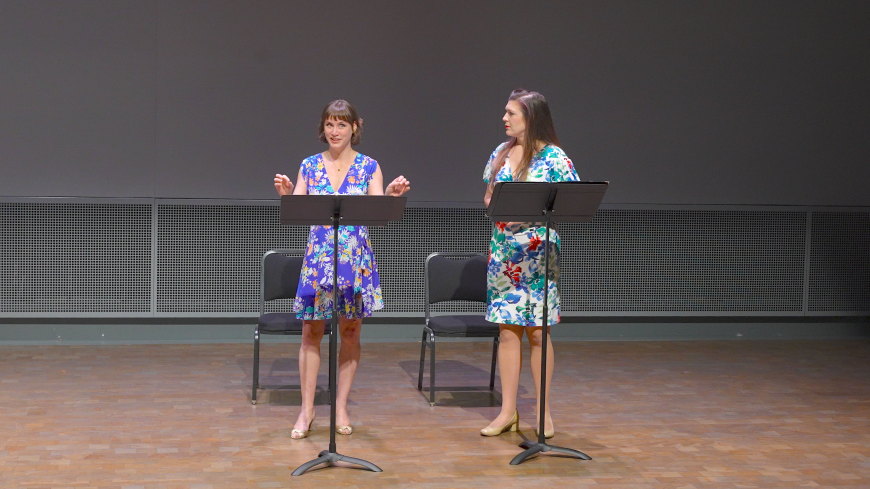
Any performing arts organization that matters has some sort of research-and-development wing. Fostering new work not only keeps artists and audiences alert to the world around them; it renews and revitalizes the art form itself.
The leaders of West Edge Opera believe in giving their patrons a substantial annual glimpse of what often goes on behind the scenes. As it has in years past, 2022’s Snapshot (April 9–10 at the Taube Atrium Theater) offered excerpts of five operatic works in various states of progress. Much of the subject matter reflected suffering all too present in the news and our collective consciousness, from warfare and homelessness to drug addiction and mental illness. No one could say the composers and librettists were taking a walk in the park.
And yet Sunday afternoon’s Snapshot was anything but grim. Even in short excerpts, the music, performed by the seven-member Earplay ensemble, often conveyed distinctive character, mood, momentum, and technical finesse. The singing, in these concert-version presentations, ranged from the solid to scintillating. Video interviews with the creators preceded each piece, adding useful context and flashes of insight. It was all neatly compacted into two hours, including an intermission.
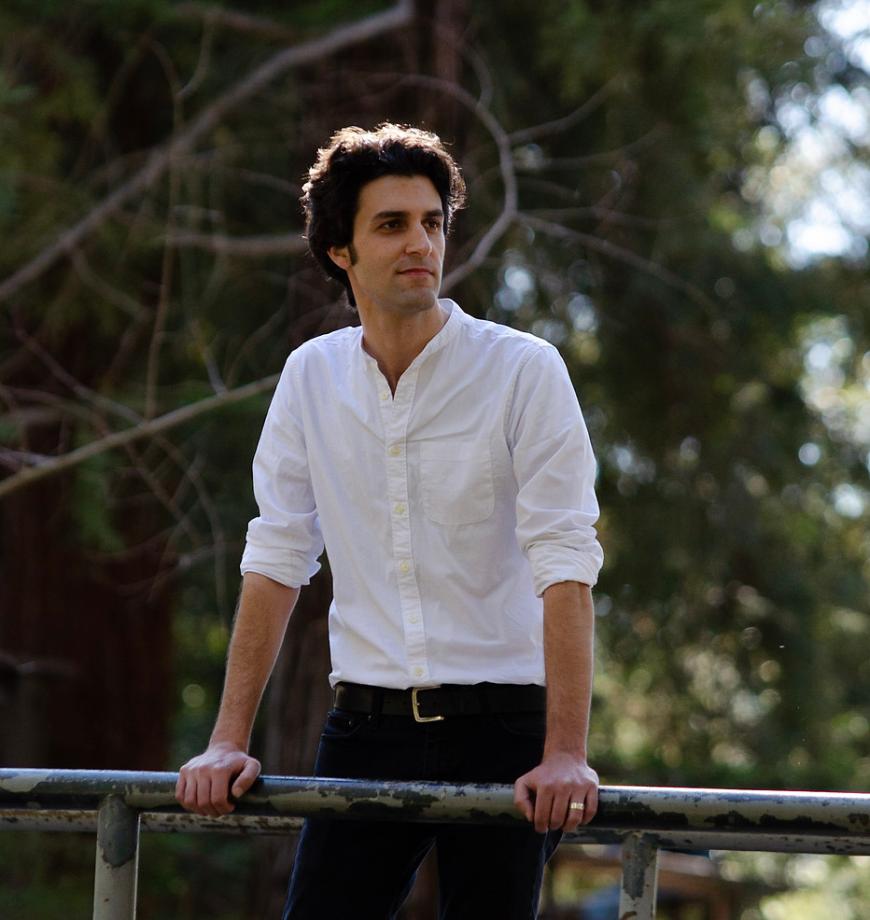
The two most absorbing works bracketed the break. With hauntingly suggestive music by Ryan Suleiman and a neo-gothic libretto by Cristina Fríes, The School for Girls Who Lost Everything in the Fire filled the hall with a dark mix of creepy comic melodrama and the smoky scent of climate-change apocalypse. The California wildfires loom large in the opera, which portrays a group of girls held hostage by a horror-show villain named The Barn Man.
As the strings slithered through melting runs and the clarinet sounded an ominous warning, the superb Julia Hathaway captured, in both her faux-innocent voice and slyly playful acting, a perverse titillation at her own desperate situation. “I’ll be the star of one more tragedy,” she sang, as a stream of repeated notes thudded out their assent. A stricken Molly Mahoney sang the role of an emotionally battered and benumbed fellow victim.
Hathaway was back and just as convincing in the dazzlingly complex central character in Lilith, with music and libretto by Michael Kaulkin, adapted from a 1961 novel by J.R. Salamanca. Lilith, a mental patient, is on a bicycle outing with a quixotic World War II vet now working as one of her caregivers.
In dialogue as slippery and unstable as the music’s uneasily rippling strains, Hathaway and an aptly stolid Julio Ferrari as a man in over his head navigated the scene’s perilous terrain. The discovery of a horse’s skull deepened and complicated these subtext-packed performances. Even an offhand remark — he accounts himself “used to unrewarded patience”; she just wants to feel “joy” — gave this duet a foreboding air. Hathaway, in a beautifully self-possessed turn, caught Lilith’s canniness and pain. When her voice went grainy and cold near the end, a sorrowful chill took hold.
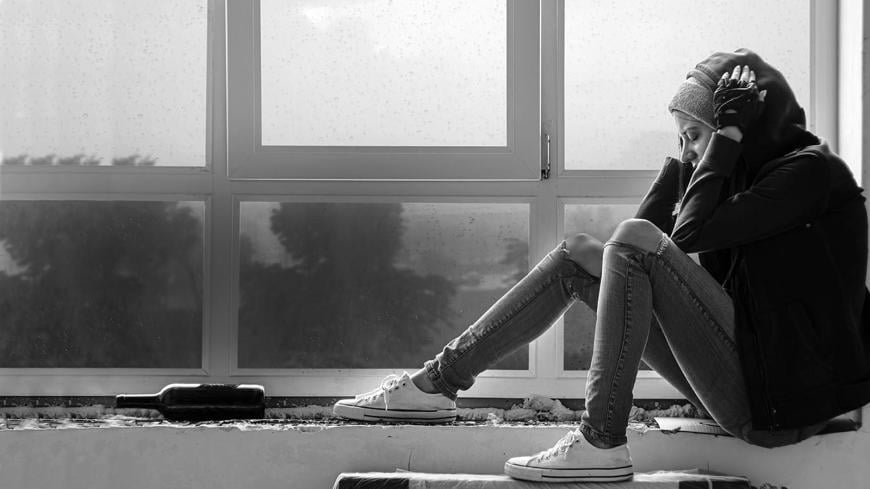
A third piece with a female protagonist, composer/librettist Gabrielle Rosse’s Cristina Doesn’t Need Saving, made nearly as memorable an impression. The story’s “double seduction,” in Rosse’s term, involves a young girl caught up in drugs and the pull of an enabler and predator. By turns naively rhapsodic (“With you I’m safe”) and guarded, Aléxa Anderson skillfully navigated lines and situations that nonetheless veer into stereotype. The music, however, uses harmonies, now unstable, now consoling, in intriguing ways.
The program’s opening and closing works had differing liabilities. The extract from Remembrance, a Korean War aftermath piece with music and libretto by Jean Ahn, was too brief and elliptical to sink in. Perhaps its vocal lines, strangely reminiscent of early polyphonic hockets, and pointillist accompaniment would cohere and coalesce over time.
The program closed with a kind of summary prologue to The Dark Horse, a car racing saga with music by César Cancino set to a Scott DeTurk libretto. Wheel-spinning backwards from the 1970s to the 1930s, the excerpt tried to do too much and accomplished too little. Four simplistic characters, jazz riffs, and lyrics too eager to rhyme piled up and verged on self-parody. An extended bit about cars and sex peaked on one woman’s line: “I am the heat as their pistons fire.”
Whichever way the critical thumb points, in Snapshot it’s all provisional. Somehow, some way, one or more of these works may make it to a full production — at West Edge or somewhere else. For now these tantalizing tastes made for an afternoon that satisfied even as it whetted the appetite.
Correction: The article, as originally published, misspelled Gabrielle Rosse’s first name.



